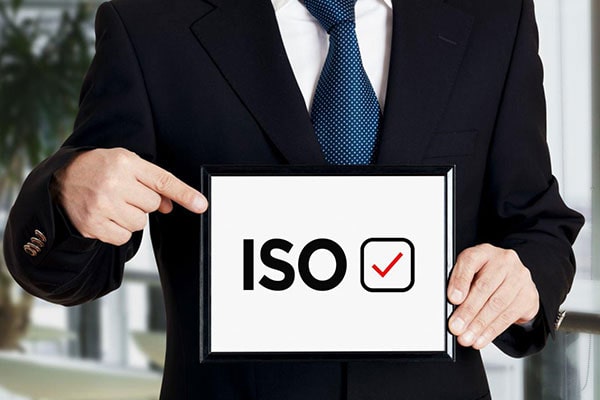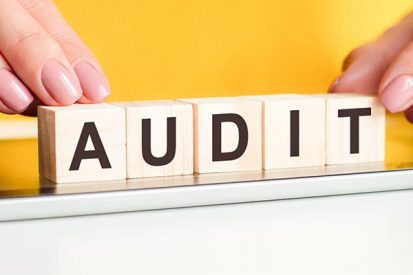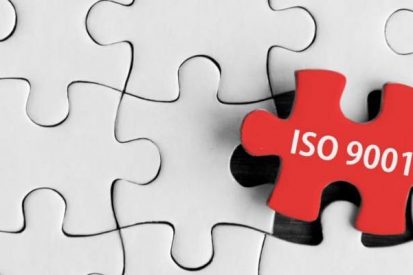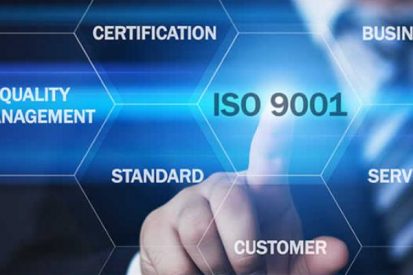Kudos to you for deciding to choose an ISO consultant. Many business owners have struggled with this decision for a long time, but you have shown great mental fortitude and business acumen by choosing an ISO consultant.
An ISO consultant will save you a lot of time, money and effort in your certification process, helping you fly over hurdles and sail through the certification audit. In this article, we will talk about factors you should consider when selecting an ISO consultant.
Who is an ISO consultant?
Before we talk about the factors you should consider, let us discuss the roles and responsibilities of an ISO consultant. Think of an ISO consultant as a coach.
Their aim is always to guide you and never to patronise you. Essentially, ISO consultants have cleared certification programmes on different ISO standards.
Some popular ISO standards include ISO 9001, which focuses on quality management, ISO 14001, which aims to increase organisations’ environmental performance; and ISO 45001, which focuses on occupational safety.
Hence, an ISO 9001 consultant will be able to help you implement an adequate Quality Management System (QMS), an ISO 14001 consultant will help you build a sustainable Environmental Management System (EMS), and an ISO 45001 consultant will enhance the safety of your workplace by building an efficient Occupational Health and Safety Management System (OHSMS).
When we say they will help you implement a management system, we mean that the ISO consultant will sit with you and discuss each relevant clause of your chosen standard. Then, after the initial opening meeting, where you decide your organisational goals, the consultant will observe your processes and interview your process owners to identify where you are lacking and align with the recommendations of the chosen standard.
This assessment is a gap analysis, and the consultant will provide you with a detailed report containing an action plan to mitigate the identified issues.
After your management system is implemented, the consultant will help you audit it, so that you are better prepared for the external audit by the certification body. If you want to learn more about the concept of gap analysis, we suggest you read the iso gap analysis consultants article on our blog.
How to choose an ISO consultant?
You may have come across many articles that utilise the term “best ISO consultant,” however, we are here to clarify that there is no such thing as the best ISO consultant. Instead, there exists a consultant who will be a perfect fit for your organisation.
You need to understand that every organisation has its own unique way of operating and its unique values, beliefs and aspirations, and you need to find a consultant that accommodates all of that. So, your focus should not be to define someone’s ability by their price, instead focus on the below-listed capabilities:
• Passionate: Getting an ISO certificate is a big deal, especially your first one. You should hire someone who matches your energy and enthusiasm. Someone treating it as a “box ticking exercise” will make the entire consultancy process draining.
Ideally, the consultancy process should be a learning experience for you; therefore, you should hire a consultant who is excited for you to begin your journey towards business expansion.
• Specialisation: Here, you need to consider two areas of specialisation. Not only should the ISO consultant have undergone specialised training in your chosen standard, but they should also be well-versed in your industry.
This is important as not every requirement of the ISO standard applies to every industry. Specialising in the standard and the industry will allow the consultant to align your documents and suggest customised corrective actions for your management system.
• Experience: Someone who has just graduated from their training programme would have limited real-world experience. Hence, they may know to suggest appropriate corrective and preventive actions, but they may flounder while troubleshooting your management system. In contrast, someone with a few years of experience will be able to mitigate any identified issues and would be able to anticipate the hidden ones.
• Customisation: In an ideal situation, your consultant should observe your processes and your people to create a customised report. Any individual that relies on templates is a red flag. Here, we suggest you ask the consultant to share some of his old case studies to see if they contain similar information or data that looks customised. Additionally, anyone that is too lenient in sharing the details of another client should be avoided as privacy is a client privilege, and you do not want to work with someone unethical.
• Reputation: If you get your certificate from an ill-reputed consultancy service, your certification will also get tarnished. To check their reputation, enquire from not only your peers, competitors and other people in the industry but also go through their customer testimonials.
We suggest that in order to be able to choose the best ISO 9001 consultant, after reading this article, be sure to also read the article List of questions to ask an ISO 9001 consultant. This article will help you choose your consultant more confidently.
Conclusion
To choose an ISO consultant, consider their passion, specialisation, experience, reputation and ability to produce customised reports. If you are looking for ISO certification consultants in Australia, contact us. We will help you to get your ISO 9001 certificate in the shortest possible time. Contact number 0061280056444 will connect you to ISO 9001 consultants.













Users Comments
Get a
Quote